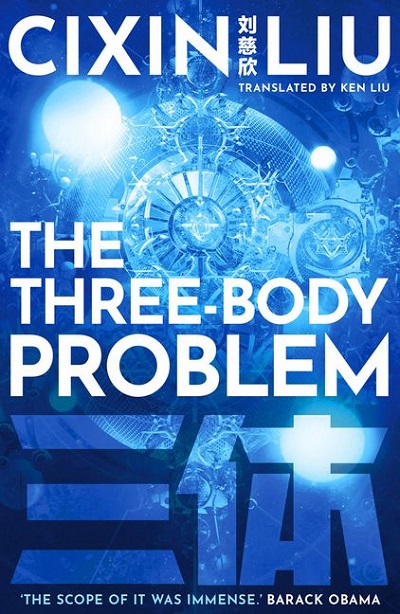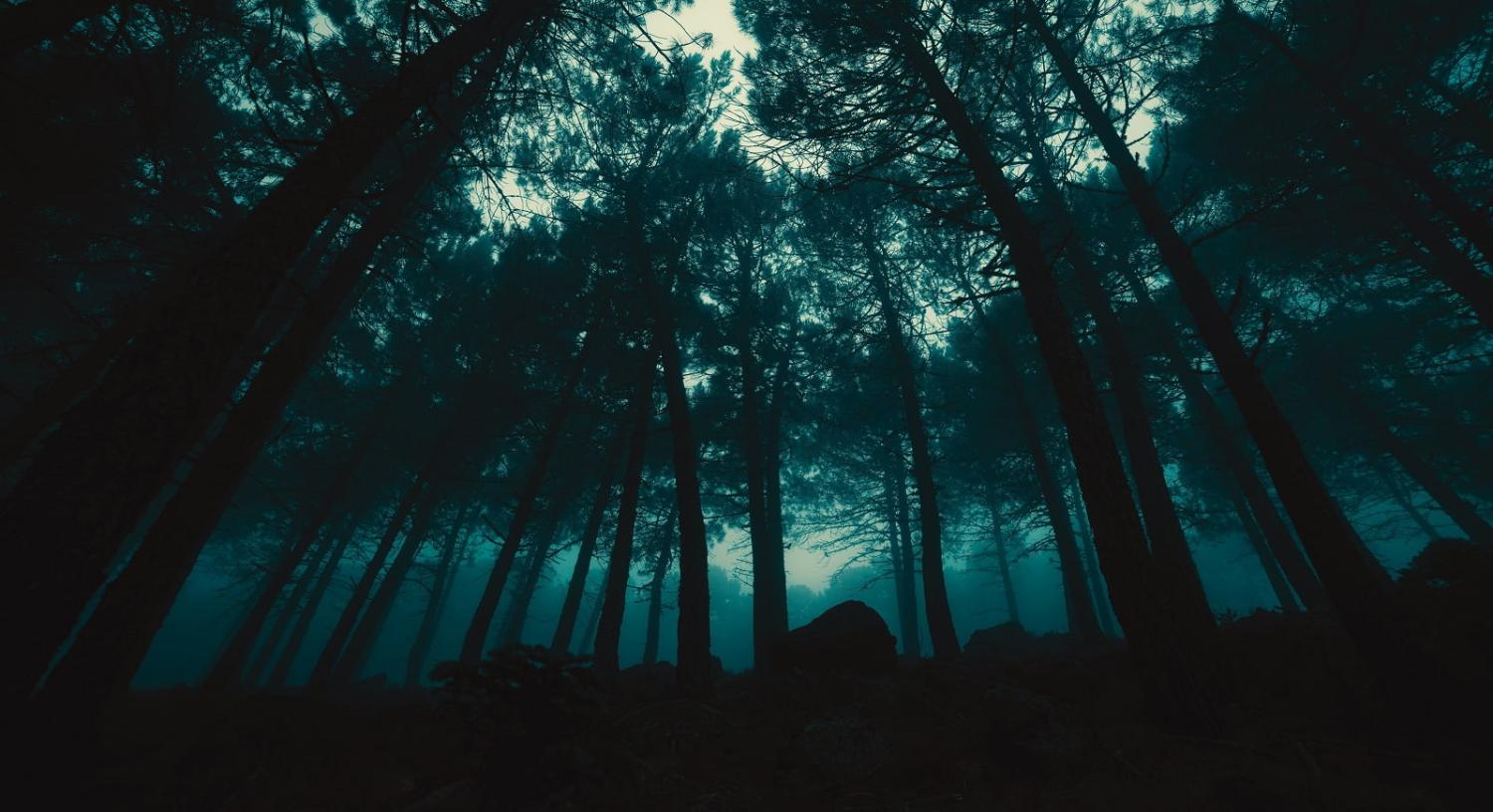Last week, Netflix released Three-Body Problem, its widely anticipated TV adaptation of the acclaimed novels by science fiction author Liu Cixin. While met with broadly positive responses from US viewers, Chinese audiences took a much less favourable stance, with some accusing Netflix of hyping up the Cultural Revolution to make China look bad, or “white-washing” the cast for nefarious purposes. Its rating on the Chinese review site Douban stands at 6.8, with one in five voters giving it only one or two stars out of five.
This is but a microcosm of the increased disconnect and cultural friction between China and the West. Hollywood films have now almost completely lost the Chinese market, and after the controversy over the live-action Mulan film, there’s an increased sense in Hollywood that catering to Chinese audiences might be more trouble than it’s worth. Meanwhile, many Chinese no longer trust Western studios to tell stories concerning China, believing that the filmmakers might manipulate the content to score geopolitical points.
The Three-Body Problem has been frequently used as a metaphor for relations between China and the West. In the book series, Earth is faced with an invasion by the technologically superior alien Trisolarans. Many see Earth as corresponding to Indigenous peoples, specifically pre-Opium War China, and Trisolarans representing Western countries that conquered the world, first through advanced arms, later through pervasive cultural influence.
The analogy extends beyond just a colonialist reading: the books also raise the “dark forest hypothesis”, which says that the universe is like a forest in which cosmic distances obscure others’ intentions, forcing people to adopt a “shoot first, ask questions later” posture to ensure their own survival. This has been specifically compared to the chronic mistrust between China and America.
In the books, the hypothesis was used as a justification for civilisations keeping their existence secret from the outside world. China and America are not separated by light years and are well aware of one another after decades of dialogue, and as such, have chosen not to take that first shot. However, understanding has not managed to bring about trust between the two superpowers; in fact, understanding may even be pushing the two apart.

China believes that America’s strategy is to contain it, and perhaps even to instigate a colour revolution within China. This is something that America has indeed done to adversaries, and even allies. The 1980–90s democracy wave was global in nature, partly because the United States stopped propping up unsavoury allies, sometimes even helping civil society forces overthrow their old friends. Even if the US government, out of self-interest, does not act against friendly dictatorships, NGOs based in and/or staffed by Americans would surely spring to action. Should the opportunity arise, there would likely be American elite and public support for regime change in China. Short of a radical change in America’s ideology and self-perception then, there’s nothing America could do to allay China’s doubts.
Meanwhile, to counter America’s insinuations, China has repeatedly stated that it has no intention of seeking hegemony. However, there is no way for America to know if this is what China really thinks, or merely what China wants it to think; elite discussions there are closed to outsiders, especially after recent drives for greater security. The lack of Chinese action against Russia for geopolitical expediency, despite Russia violating another country’s territorial integrity – the protection of which is one of the clearest principles of Chinese foreign policy – certainly exacerbated American mistrust of anything China says.
Unless China deliberately allows America to wiretap their leadership, or engages in an unprecedented program of political reforms, there’s nothing China could do to allay America’s doubts. The Chinese government actually better reflects the assumptions of the “dark forest hypothesis”: Trying to know what the Chinese leadership really thinks is like trying to figure out what Trisolarans are thinking.
Thus, the basis for distrust between China and America is not trivial, but fundamental to their respective political systems, and therefore unlikely to abate so long as America remains America, and China remains China. Each country will have cause to view the actions of the other with great suspicion. Assuming that the leadership of both countries knows their counterparts well, they also know that the other side has ample reason (as detailed above) to harbour distrust, which only exacerbates the vicious cycle.
Perhaps both countries can take lessons from the Three-Body Problem. The war between Trisolarans and Earthers ends with the destruction of both star systems; the only people to escape travel through the Milky Way to settle on another planet. Perhaps everyone’s excess energies can be directed to exploring and exploiting the vast resources of the universe, instead of feuding here on Earth; the only conclusion to the latter course of action, as in the books, would be mutually assured destruction. While the “dark forest hypothesis” does raise the point that resources are finite and eventual competition is inevitable, John Maynard Keynes may have the answer to that: in the long run, we are all dead; time has a way of solving many problems.
Main image courtesy of Unsplash user Jr Korpa

